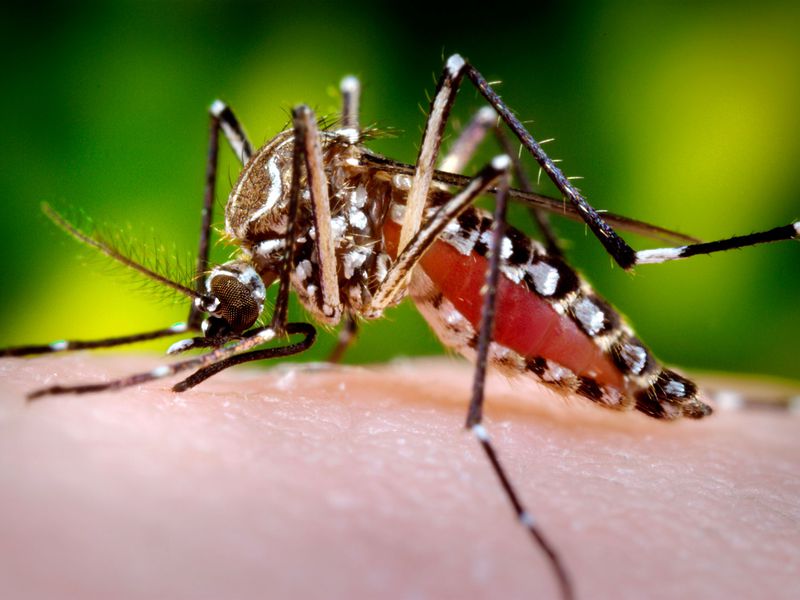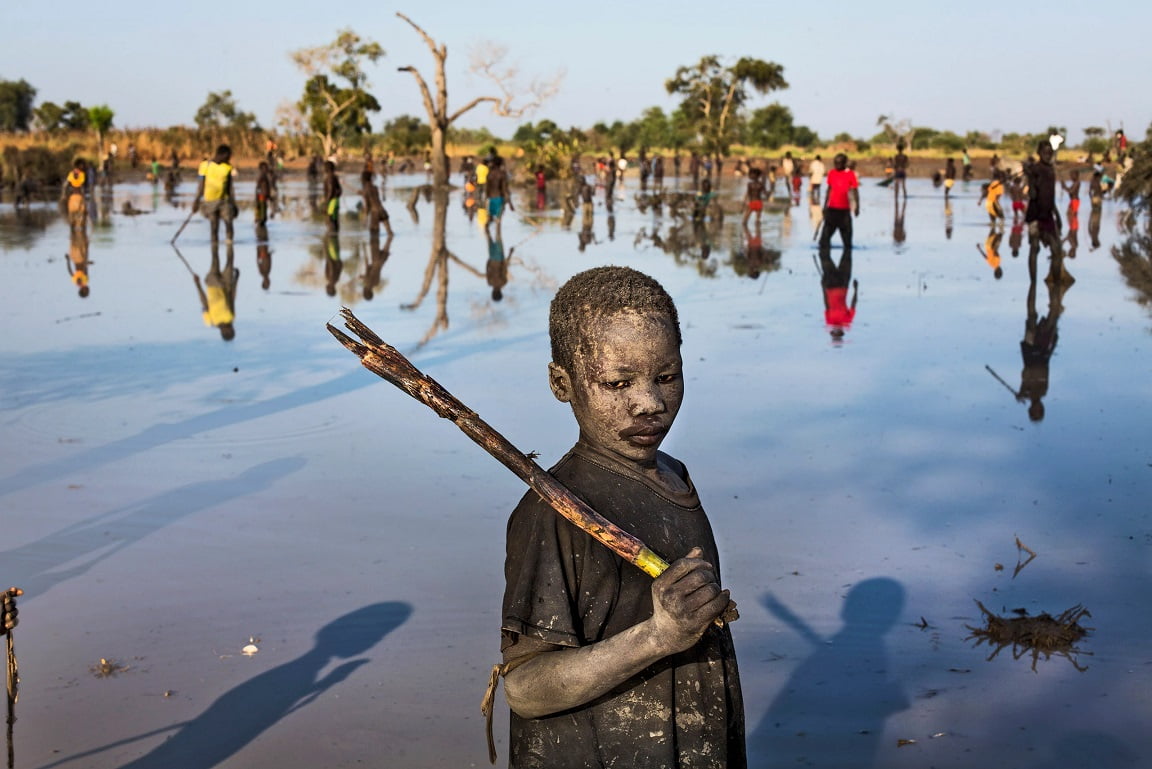
by Meekaeel Siphambili
Gaborone, Botswana: Southern African Development Community member states on 18 August 2018 in Windhoek, Namibia signed a declaration on the elimination of malaria in the SADC region.
Fifteen Southern African Development Community heads of state, in recognition of achieving one of their objectives which is combating HIV/AIDS or other deadly communicable diseases like malaria, declared and endorsed a declaration of combating malaria in the SADC region.
The SADC member states had fears that if not eliminated, malaria continues to have a detrimental effect on education, labour and employment, economic growth and development in the SADC region and that the region’s critical sectors that will continue be at a disadvantage as long as they are affected by malaria.
The region has long been deeply concerned that the longer the region waits to eliminate malaria, the greater the risk of resistance to insecticides and other key prevention and treatment tools, making the future malaria elimination more challenging without new tools. There was fear that future malaria outbreaks will reverse the gains made in the last fifteen years and may cause costly resurgences, and will lead to further delays in development and economic growth.
The endorsement of the malaria elimination declaration is also a fulfillment of the commitments made by the SADC member states in the Abuja declaration 2001, the African Union (AU) Africa Malaria Elimination Campaign, the SADC Malaria Strategic Framework 2007 and the SADC Malaria Elimination Framework 2007.
According to the SADC headquarters in Gaborone, Botswana, SADC had a goal of reaffirming that malaria elimination is a top priority on the SADC agenda and that as SADC’s first health subsidiary and SADC’s platform for malaria elimination, the Elimination 8 Regional Initiative continues to successfully fill its mandate to increase cooperation among member states on malaria elimination.
“SADC is aware of the role and leadership of the governments of member states in further preventing the spread of malaria and other infectious diseases and we are convinced that a joint concerted effort by member states and relevant stakeholders is necessary to urgently eliminate malaria”, says Letso Shine Mpho, SADC’s public relations officer
A statement from the SADC offices in Gaborone says SADC reaffirms their commitment to the elimination of malaria in the region in accordance with the provisions of the SADC Health Protocol and the SADC Malaria Elimination Framework. SADC therefore has a commitment to the elimination of malaria in Botswana, Namibia, South Africa, and Swaziland by 2020 and in the whole SADC region by 2030, resulting in zero local malaria cases and deaths.
Heads of SADC member states have then declared priority actions requiring their urgent attention. All member states should develop a roadmap that outlines priority measures and paves the way for successful elimination in the region. There should be establishment of national malaria elimination taskforce in member states to advance the elimination agenda, ensure alignment with the regional roadmap, fortify cross-sector engagement, and promote effective implementation of national malaria elimination strategic plans. There has to be intensified cross border collaborations between member states to address border areas where malaria transmission persists and recommitting to share routine data to ensure rapid national and regional responses to malaria outbreaks.
There should be a firm placing by regional malaria elimination on the agenda of all member states by demonstrating that with financial and political determination, a malaria-free future is possible and contributes to the fight against the spread of infectious diseases. The region will intensify resource mobilization by committing additional domestic financing for malaria elimination to ensure malaria programmes are adequately funded and national targets are met.
The SADC declaration also ensures promoting a supportive policy and legislative environment for malaria elimination by harmonizing policies that address key barriers and maximize resources devoted to malaria prevention and treatment in member states. Strengthening program implementation by coordinating and sharing successful approaches and strategies across the region is another factor of importance.
Reinforcing accountability among member states to accelerate and achieve regional elimination will be done by annually reviewing progress on the implementation of the malaria elimination roadmap during the SADC heads of state or government summit to ensure progress is on pace to achieve elimination targets and promoting the leadership of the SADC region in demonstrating that malaria elimination is possible and worthy goal in Africa.
This declaration was signed by heads of states of Angola, Botswana, Union of Comoros, the Republic of Congo, Lesotho, Madagascar, Mauritius, Malawi, Mozambique, Namibia, Swaziland, Seychelles South Africa, Tanzania, Zambia and Zimbabwe. The countries also agreed that through SADC ministers responsible for health, finance, labour, migration and local government to initiate the implementation of the declaration and monitor progress accordingly in order for the region to achieve its intended objectives.
End





